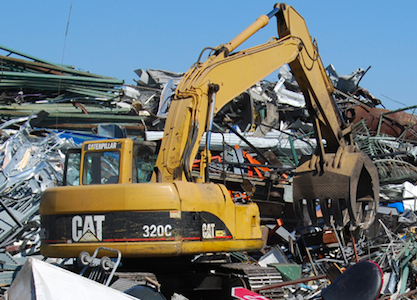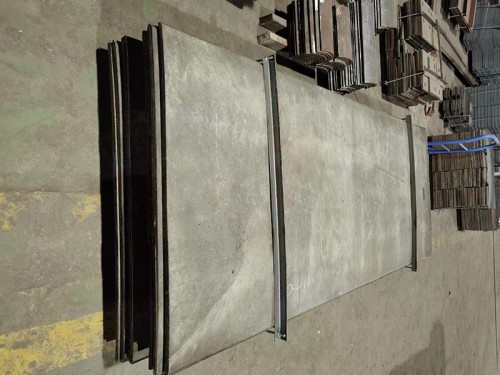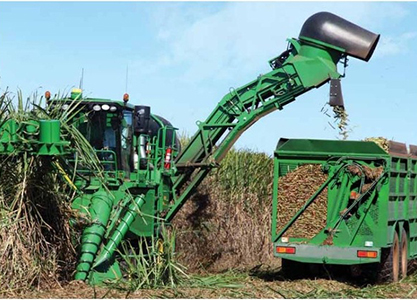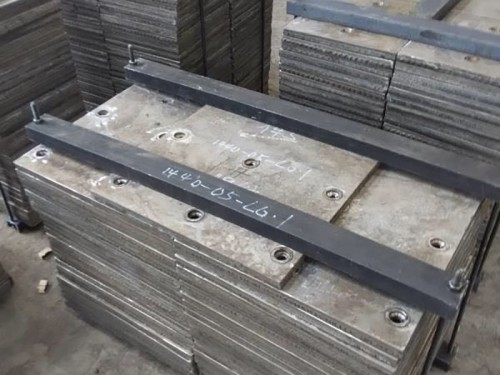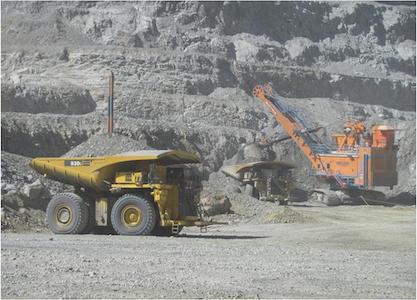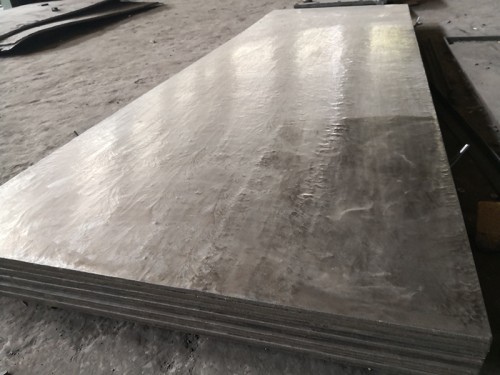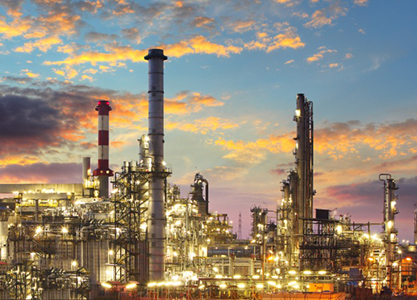Wear lining solutions for protection recycling equipments
Overview
Recycling is becoming increasingly important in the 21st century to prevent waste and preserve the environment. A variety of different types of materials can be recycled to energy, fuel, materials recovery, mechanical biological treatment and cement production, including municipal solid waste recycling, commercial and industrial waste recycling, construction and demolition waste recycling, slag recycling, plastic and bag opening, paper and cardboard recycling metals, bulky waste recycling and other many more waste types.
The recycling process involves collecting, crushing, shredding and reforming, all of which can cause significant wear of components.
Youke offers a wide range of products, services and equipment to solve wear problems. We provide economical solutions to wear problems resulting from abrasion, impact and corrosion.
It could be a wear-resistant component for a cladding application or for use in a crusher plant; or maybe heat-resistant materials for a biomass facility or waste incineration plant. No matter what the application, Youke solutions take into account the individual requirements of each individual process.
Here are some solutions used in the recycling industry
1. Waste bunkers
Side walls and material slides
2. Cranes
Surfaces and edges of grabs
3.Funnels
Funnel and pit linings
4. Dosing feed gates
Armoring functional surfaces, or manufacturing components from wear-resistant castings
5. Moving grates
Heat-resistant, low-wear grate bars, manufactured to the highest standards
6. Ash dischargers
Heat-resistant wear protection for all components
7. Boilers
Side wall liners, corrosion-resistant cast products
8. Ash bunkers
Wall liners, fittings, feeding equipment
9. Feeder screws
Dependent on the application requirements, these can be manufactured from composite wear plates, locally reinforced by hardfacing, or produced as wear-resistant castings
Kiln & Cooler
ID Fans
Bucket Elevators
Clinker Feed / Discharge Chutes
Cooler Seals / Strips
Immersion Tubes
Cement Transportation/Storage
V Pipes / Y Pipes
Elbows & Bends
Dust Collectors / ESP Ducting
Silos / Hoppers
Cement Transportation/Storage
V Pipes / Y Pipes
Elbows & Bends
Dust Collectors / ESP Ducting
Silos / Hoppers
Ready Mix Concrete
Pan Mixers
Inner Shell
Outer Shell
Bottom Tiles
Scrapers
Shovels
Twin Shaft/Drum Mixers

